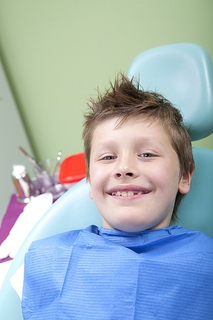Is sleep apnea linked to cancer? Studies say, ‘Yes’.
April 8th, 2014

Recently, multiple studies have concluded that people with sleep apnea, a disorder that causes snoring, fatigue, and dangerous gaps in breathing at night due to throat muscles collapsing, are five times more likely to develop cancer. In fact, one of the studies found that people with the most severe forms of sleep apnea had a 65 percent greater risk of developing cancer of any kind.
Researchers believe this could be due to the body lacking enough oxygen, a condition known as hypoxemia. When people are deprived of oxygen, their bodies react by producing more blood vessels, which can feed cancer cells, and as a result cause tumors to grow and spread.
Approximately 28 million North Americans suffer from sleep apnea, with many cases going undiagnosed. This is due to most cancer patients not mentioning any sleep problems they experience unless their physician asks them.
Patients at Barney Family Dental who suffer from sleep apnea can be treated using continuous positive airway pressure (CPAP) therapy, which produces a stream of air to keep the upper airways open while you sleep. An oral appliance may be another option if CPAP therapy isn’t an option. If you have sleep apnea, Dr. David Barney and our team will help you understand all of your treatment options, finding one that suits your needs.
If you think you may have sleep apnea, please give us a call at our Beaverton, OR office to schedule an appointment.




 Website Powered by Sesame 24-7™
Website Powered by Sesame 24-7™